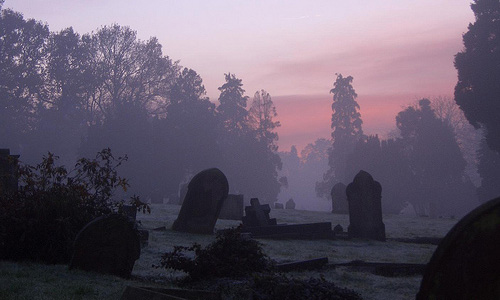 |
Death and Illness from Mosquito Bites |
 |

Death and Illness from Mosquito Bites |
We live in a society of bad news, and the media outlets play up bad news to the max, but in reality we have to live with the sobering reality that there's a lot of mosquito borne disease here in Florida. Looking at some headlines; Florida death toll rises for mosquito borne virus. May, 2012, officials said last month that two Lakeland area residents had died from eastern equine encephalitis, a viral disease that inflames the brain, to additional deaths from the disease known as EEE have since been confirmed in other parts of the state. Although extremely rare, Eastern equine encephalitis has a 30 to 60% mortality rate once it is contracted. Severe damage to the central nervous system occurs in those victims that survive the illness. Symptoms usually occur within 2 to 10 days after being bitten by an infected mosquito. The symptoms include high fever, stiff neck, headache, confusion, and lethargy. Encephalitis swelling of the brain is the most dangerous symptom. The dengue virus began to show up in Florida in 2009 after an absence since its last major outbreak in 1934. At least 28 confirmed cases of Dengue fever have been reported in Florida this year. Dengue fever is primarily a disease of the tropics is transmitted by the Aedes aegypti mosquito. It is a day biting mosquito that prefers to feed on humans, it is also called the Tiger mosquito. Those infected with Dengue can suffer from a spectrum of illnesses ranging from a viral flu to severe and fatal hemorrhagic fever. So far this year, 1118 cases of West Nile virus and 41 deaths have been reported to the Centers for Disease Control and Prevention. Florida has reported only 12 cases of the disease since June yet that's three more than the same period one year ago. West Nile virus symptoms include fever, headache, nausea, vomiting, and rash, which are mild symptoms, severe symptoms that include neck stiffness, stupor, disorientation, tremor, coma, and vision loss, and possibly death. West Nile seems to get so much press because it's the latest in a series of mosquito borne illnesses. Again, the press picks up the ball and run with anything that scares people. So the fact is that only 20% of people that contract the disease ever experience a real symptoms. St. Louis encephalitis is abbreviated SLE, is the mosquito transmitted virus disease of greatest medical importance in North America prior to 1999 when West Nile showed up and hit headlines. During large epidemics of the past, victims became seriously ill, sometimes fatally especially in Florida 1959, 1961, 1962, 1977, in 1990. The virus is a permanent resident of Florida and can be found in some of South and Central Florida counties nearly every year. However, the conditions that lead to large epidemics of St. Louis encephalitis are not known with certainty. Different strains of St. Louis encephalitis virus vary substantially in their ability to cause disease. The high risk groups for St. Louis encephalitis seem to be those over age 60, and those under age 10. It is not uncommon for those surviving severe cases of St. Louis encephalitis to suffer long-term residual neurological damage which may include paralysis, memory loss, or deterioration of fine motor skills. |
 |
 |
|
